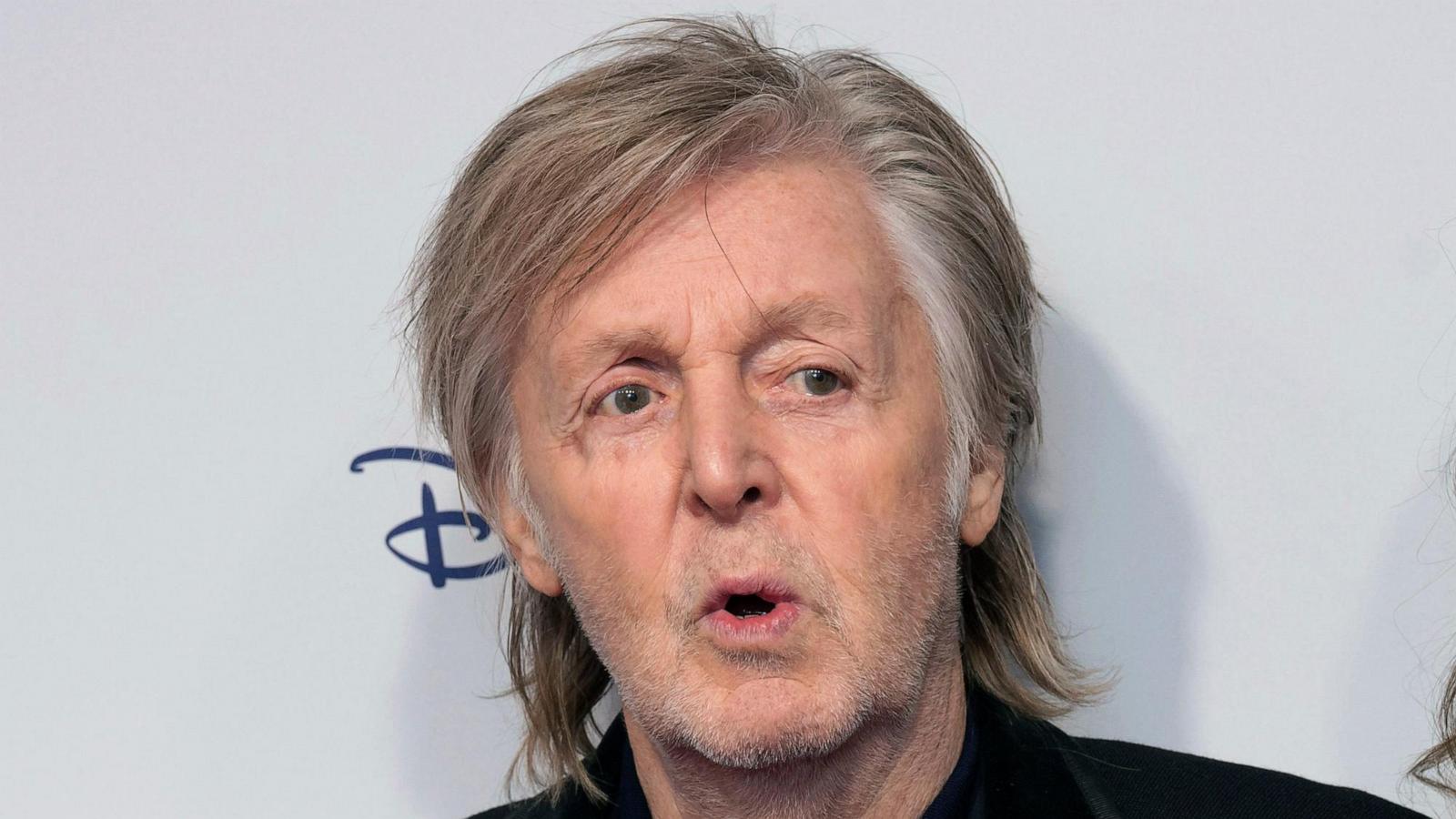Paul McCartney's Plea to UK Government: Don't Let AI Steal Artists' Songs!
Sir Paul McCartney, the legendary Beatle, has launched a powerful attack against proposed UK copyright law changes that could allow AI companies to exploit artists' work without compensation. He passionately argues these changes would lead to the blatant theft of artists' intellectual property, potentially devastating the music industry. This isn't just a fight for the rich and famous; it's a fight for every creative individual who dreams of sharing their talent with the world.
AI's Copyright Conundrum: A Looming Threat to Artists?
The UK government is currently considering amendments to copyright law which would permit AI firms to use copyrighted material for training AI models without obtaining consent from the creators. This would mean musicians like McCartney, songwriters, and composers would lose ownership of their creations in this unprecedented way. The idea that tech companies could take their intellectual property without payment is a chilling prospect for musicians worldwide. This also raises several long-tail keywords of interest: AI copyright infringement, protecting artist rights in AI, and AI exploitation of musicians.
The Problem with AI's Free-for-All
This isn't just about established artists like Paul McCartney; it's a monumental threat to future generations of musicians. Imagine an aspiring young artist spending years honing their craft only to have a tech company exploit their original works, undermining their career aspirations. This would severely hinder new talent and ultimately harm the UK music industry and the broader creative sector.
The Fight for Fair Compensation
McCartney's core message centers on ensuring fair compensation. If AI companies are using songs to improve their systems, he points out, someone is making profit, but that profit shouldn't line the pockets of powerful corporations. The artists' work deserves proper compensation.
How Can We Safeguard the Future of Music?
McCartney's forceful intervention is highlighting a much bigger issue: the balance between technological advancement and artist rights. We need a future where innovative technology complements creativity, not supplants it. One solution might be to implement measures ensuring that artists receive royalty payments whenever AI companies utilize their material. Such policies would ensure artists are fairly compensated for their work in a manner reflective of the digital age's capabilities. Keywords such as protecting musician's rights and ensuring fair compensation from AI will feature highly in this critical debate.
Ensuring Proper Copyright Enforcement
The need for more robust and modernized copyright laws cannot be understated. Currently, there are concerns about whether traditional legal measures will adequately address this type of issue within a digital environment where content replication can happen so quickly and effortlessly. This suggests that proactive legislation regarding compensation for AI's use of music and creative content is a high priority.
Why This Fight Matters to You
Regardless of whether you are a musician or not, the outcome of this debate affects the creativity and culture of the whole world. The ability to protect artists’ intellectual property, regardless of their renown, affects future progress within the music and entertainment spheres. This isn’t just about pop stars – it's about anyone making and sharing creative works.
Supporting Musicians and Artists
Support Paul McCartney’s call for change. It's crucial that we encourage lawmakers to uphold policies that protect the livelihoods of today's musicians and enable future generations of artists to flourish.
Take Away Points
- Paul McCartney’s outspoken stance on protecting artists’ rights from AI is vital.
- The UK government needs to make crucial changes to protect artists against the unchecked usage of their copyrighted work by AI companies.
- Without adequate safeguards, both emerging and established artists risk significant financial and creative losses.
- Everyone needs to join the conversation and make sure governments protect creative talent globally.









